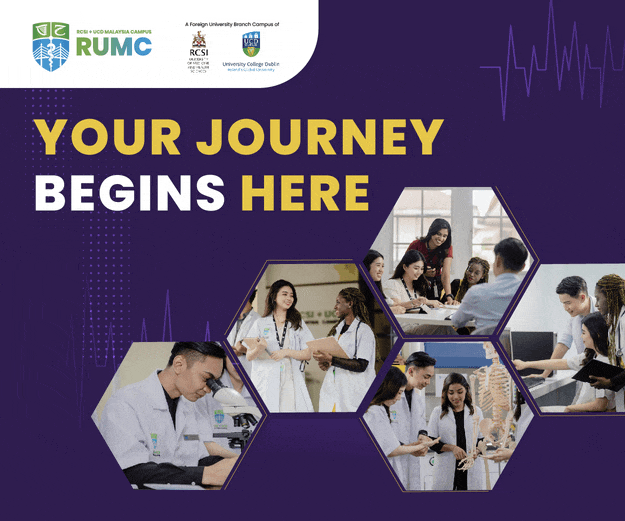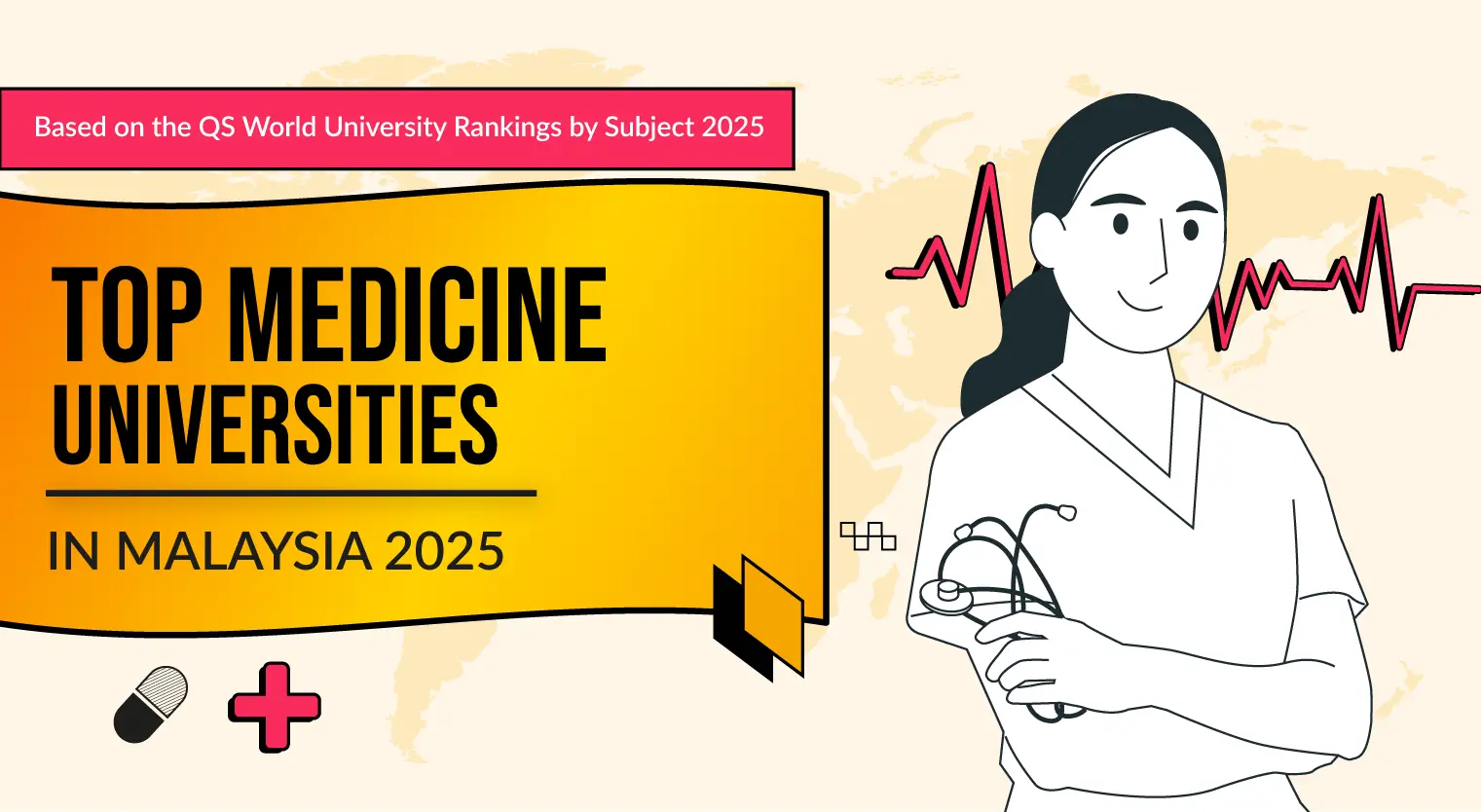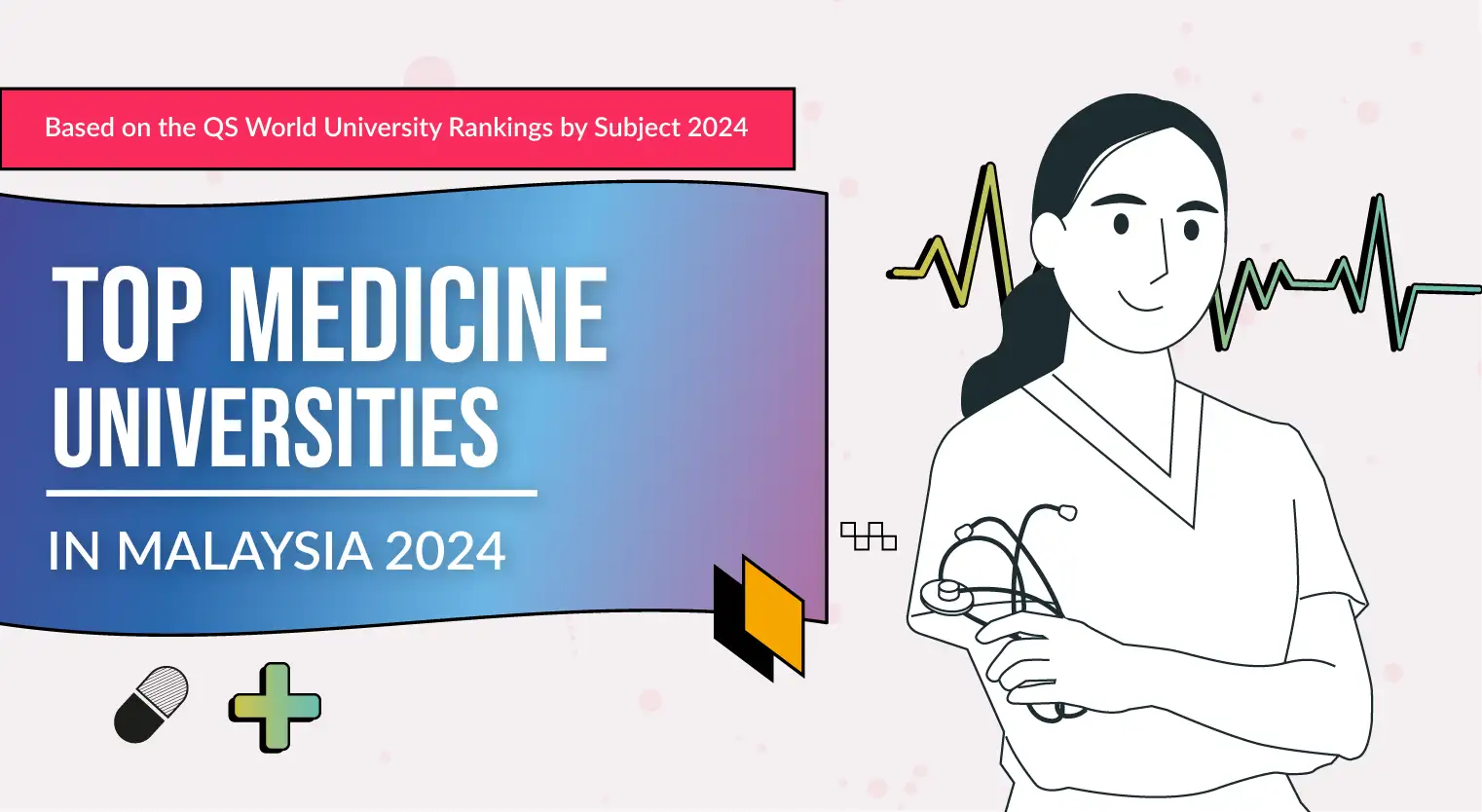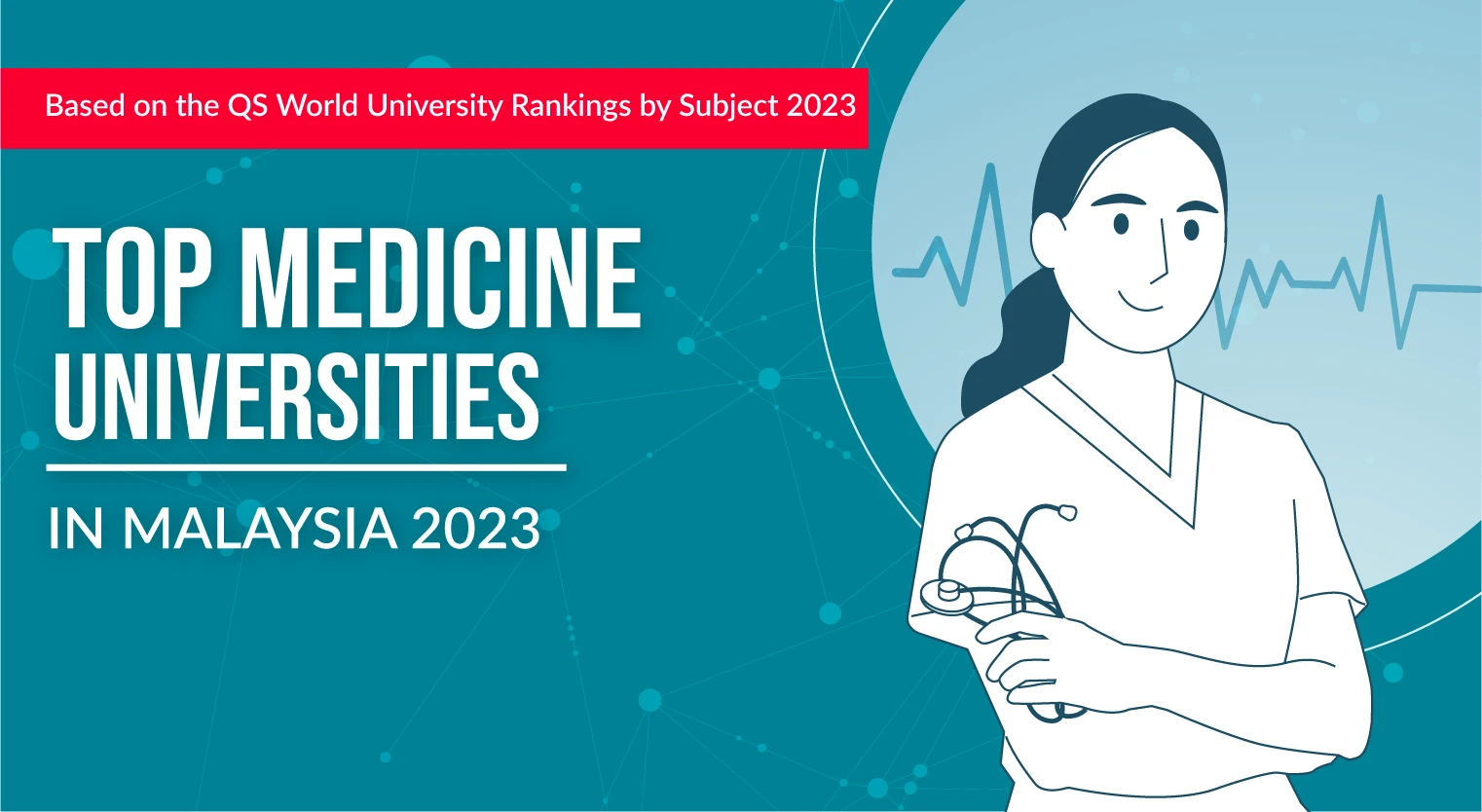5 Lies about Being a Doctor That No One Warns You About
Curious about what are some of the lies people may not warms you about? Find out here!
Updated 23 Feb 2022

So you want to be a doctor. You envision yourself spending hours talking, examining and ultimately curing patients. Or perhaps you see yourself waving a magical wand, casting spells on children to relieve ailments and eventually, lifting needy families out of poverty.
Growing up in an Asian community, we’re often misled by the conception that the noble profession of doctor is self-explanatory – “wonderful life, tip-top money and marvellous future”.
Nonetheless, the reality is a far cry from this perception, although the noble intention of pursuing medicine may still hold water.
If you’re leaning towards medicine because (1) you’re academically bright with straight A’s (2) to please your parents (3) the money (!) and prestige or (4) the adrenaline rush, here’s a wake-up call on the stark realities of being a doctor.
#1. You will have an assured and gleaming future

“Be a doctor and the rest of your life will be solid as a rock”.
If you embrace this outlook like gospel (even if it’s bestowed by your parents), it’s time to sleep on it again. In all truthfulness, that might be the case during the good old days (read: your parents’ generation 20 years ago) where there were only three medical schools around with about 400 doctors per year.
Reality check:
Today, we boast about 32 medical schools in the country that consistently churn about 5,000 graduates per year, a figure that will only surge with each passing day.
Indisputably, it is viciously competitive out there, with our Ministry of Health (MOH) struggling to place our bulk of medical graduates in various hospitals.
Owing to the surplus of doctors, there are about 30 – 40 house officers in each department left unassigned daily, unveiling the risk of producing doctors deprived of sufficient training.
So what’s going to unravel in the future?
There will be more graduates than available posts in MOH, you are expected to wait in line in order to secure a spot in government service, there will not be an automatic medical office (MO) post, and don’t be surprised if you are sent to rural districts and East Malaysia to serve (bear in mind that any appeal will not be entertained #byebyecitylife).
#2. You will don a white coat and turn into an instant millionaire

“Doctors cruise in posh convertibles and own lavish mansions”.
Not a shred of truth. As highlighted above, there’s no longer job security in the medical profession. By now, you shouldn’t be taken aback with the fact that a houseman’s salary sets off at about RM4,000 a month and would call on for another seven years of service as a medical officer before one can cash in a pay cheque of RM6,000 per month.
Reality check:
“Hold on, but specialists do take home at least RM10,000 a month”. Yes, they do, and it also took them at least 10 years to rack up that pay scale.
Now, don’t forget the hefty costs (we’re talking about a whopping RM300,000 to RM500,000) that your parents will have to fork out first. Put the figures side by side and you will realise that the professional medical field isn’t really the gold mine to boost your income.
DID YOU KNOW
Other than the difference of the critical allowance of RM750, a doctor’s salary is only RM200 more than a pharmacist in civil service.
#3. You can practise medicine on foreign soil

“Even if I can’t practise medicine in Malaysia, I’ll still have the option of working in other countries”.
So you could be thinking to yourself: what’s the worst that is going to happen with a medical degree, right? If there’s an overflow of doctors in the country, one could always get a shot in another country. Or perhaps, you also bear a conception that your medical degree is a valuable green card to migrate elsewhere.
Reality check:
Yet another false impression. Contrary to popular belief, medicine is a very peculiar field and cannot be set side by side to any other profession. If you are looking into the alternatives of working in other countries, your degree would need to first be recognised by the Medical Council of the respective country.
In the case that you fail to obtain an accreditation for your medical degree, you will not be able to work in the specific country unless you pass the qualification exam, which by the way, comes with no promise of a guaranteed job.
Here’s the knotty part: Nearly all medical degrees from Malaysia are not recognised elsewhere. For the record, only Universiti Kebangsaan Malaysia (UKM) and UM (Universiti Malaya) degrees are recognised in Singapore.
DID YOU KNOW
Some of the private medical colleges provide twinning programmes with external universities from UK, India, etc. Degrees obtained from twinning programmes may grant you the recognition in certain countries, depending on where you graduate from.
Apply for university with EduAdvisor
Secure scholarships and more when you apply to any of our 100+ partner universities.
Start now#4. You can start your own clinic / medical practice easily

“Well, I can always be my own boss and kick start my own private practice”.
No doubt, opening up a clinic was once a profitable business for doctors during the 70s up until the late 90s. Competition wasn’t stiff and to top it off, doctors weren’t strictly limited by regulations. Back then, clinics were even allowed to dispense medications without a pharmacist and trained nurses.
Reality check:
Possessing merely a MBBS (Bachelor of Medicine/Surgery) is no longer a sufficient justification to start up your own practice. These days, Malaysia is seemingly moving towards a trend where patients are demanding for specialists.
And how does that spell to you? Another 10 years to complete a postgraduate education after your graduation (provided you pass all your exams in one shot), if you intend to step up as a specialist.
Aside from rivalling with other fellow General Practitioners (GP), government hospitals, private hospitals, pharmacies and traditional medicine practitioners, the competition is now in full swing with a recent addition of the 1Malaysia clinics – all of which contributed to the drop of many GPs’ income.

#5. You can effortlessly retire at a young age

“Doctors will be living the dream in Malibu, surrounded by pristine beaches, sprawling estates and majestic mountain (not forgetting the upscale pineapples) by the age of 40”.
Again, such assumption goes hand in hand with the delusion that doctors are generating big bucks. In actuality, rarely do you hear of doctors retiring at a young age. In fact, the only doctors who “retired young” are those who quit medicine to venture into some other business or profession.
Reality check:
You’d probably have to punch-the-doctor-clock your whole life. Most doctors will end up working for the bulk of their life. Being a doctor in a private practice equates to one harsh reality: you are the ONLY asset to your business.
In other words, your business flourishes only when you’re physically there. Patients come to seek for your consultation, not your clinic. The day you stop working? Your income plunges to zero.

Now, this is the vast difference between business in any other sector and medicine – a truth that many of us fail to realise.
If your spirit has yet to be dampened (kudos!) by the grim truths that we’ve laid bare, pop yourself this last paramount question: What are your ultimate driving forces for pursuing a career in medicine?
Ask yourself, what do you want? If you want to be a millionaire before you hit 30, please forfeit your venture into medicine. If you’re doing it because of your love for humanity and the wonder of caring for our extended human family, hats off, you’re on your way to becoming a good doctor.
After all, the doctor route demands scrutinisation of a complex concoction of interests, convictions, ideals, practicalities (financial stability and lifestyle), humanities, a lot of perseverance and perhaps, a calling.
So before you plunge headfirst into medicine, think thoroughly again and again.
(Source: Hard Truths Of Being A Doctor - Are You Choosing The Right Path (Volume One) by Dr. Pagalavan Letchumanan)






